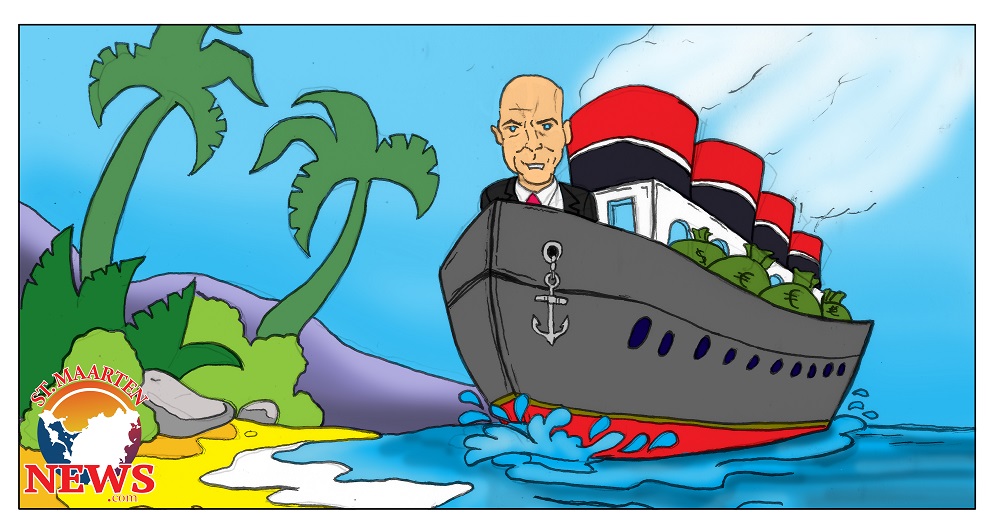Third tranche of liquidity support remains elusive

THE HAGUE – The outcome of the Kingdom Council of Ministers meeting of Friday cannot come as a surprise to anyone. “As long as St. Maarten does not agree with the core of the package, a fruitful discussion will not be possible,” State Secretary Drs. Raymond Knops wrote in a letter to the Second Chamber on Tuesday. The package Knops refers to contains the conditions for continued liquidity support. One of those conditions is the establishment of the consensus kingdom law Caribbean Reform Entity (CRE).
Knops notes that, since the Kingdom Council of Ministers meeting of July 10, there has been no reaction from St. Maarten that shows political support for the Dutch proposals. The government’s counter proposal is considered to be irrelevant: the conditions presented in the Kingdom Council of Ministers meeting of August 14 remain leading.
Knops furthermore informed the Dutch parliament that financial supervisor Cft has again been unable to establish that St. Maarten has met the conditions for the second tranche of liquidity support. “Therefore the Kingdom Council of Ministers has decided not to begin talks with St. Maarten about the provision of a third tranche of liquidity support. If St. Maarten wants to have those talks it will first have to show through the Cft to the Kingdom Council of Ministers that it has met all conditions for the second and the third tranche.”
The state secretary also makes clear in his letter that the COVID-19 crisis is not the only reason why St. Maarten and the other Caribbean countries Curacao and Aruba are in such a predicament. “It is clear to all stakeholders that the beaten paths of cooperation and assistance are unfit to take on the enormous challenge the Caribbean countries are currently facing due to a combination of neglectful governance and the corona-crisis.”
Knops states that the situation demands an “unorthodox approach” and a solid legal foundation that offers the population on the islands perspective and guarantees the Netherlands a successful spending of the financial assistance it is prepared to provide.
Knops denies that the proposal for the establishment of the CRE violates constitutional limits. “The Netherlands requests from the Caribbean countries to agree with the establishment of a Dutch autonomous administrative body that supports and monitors them independently from the Dutch government and without taking over formal authorities that are in the hands of institutions of the countries.”
The proposal does not infringe on the budget-right of the countries either according to Knops: “If the parliament of a country for whatever reason is not prepared to agree with a certain reform or with its financing from their own budget, than they can block it. The consequence can be that the CRE or the Dutch government completely or partially stops the provision of financial support. That would not put a limit on the Caribbean democracy, but it would be related to the presence of a democratic system on the Dutch side.”
If the countries agree to send the draft consensus kingdom law to the Kingdom’s Council of State for advice it does not mean that they commit themselves to it, Knops points out. “Asking the Council of State for information would delay the process without adding anything to the regular advice process.”
The state secretary furthermore contests in his letter that the liquidity support-conditions would cause more social and economic inequality in the kingdom. “The reforms aim to take that inequality away and to provide a social and economic impulse. The reforms must also enable the countries to carry their own autonomy.”


























